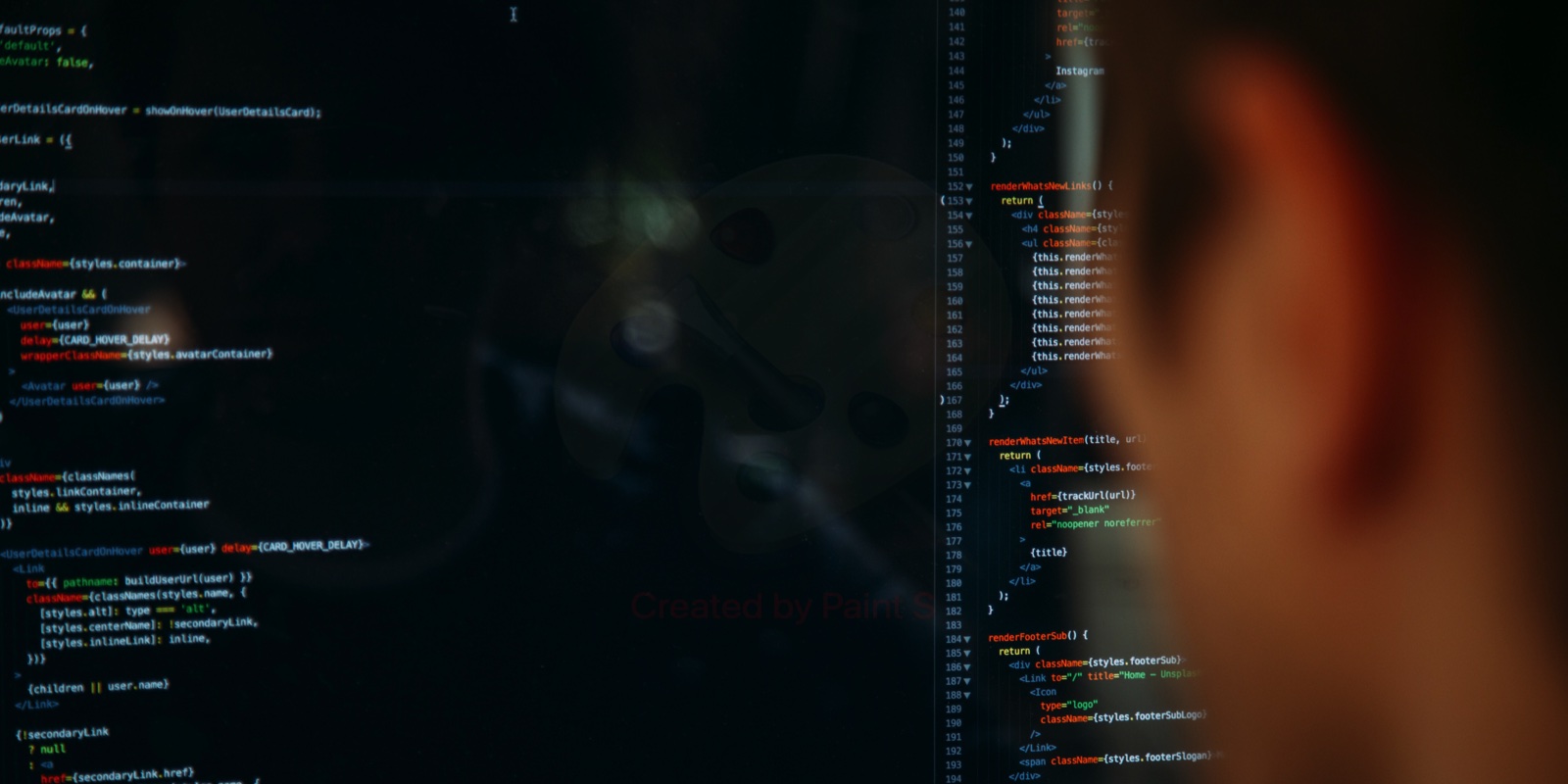SAST resources hub
Find more flaws
Coverage for 100’s of languages, flaws, and frameworks.
Avoid false positives
Focus on what matters most with unrivaled accuracy.
Proactively mitigate risk
A developer-friendly workflow that keeps security in control.
Comprehensive code security suite
The foundation of application security
Experience end-to-end scanning, minimal false positives, and expert-driven prioritization, while enhancing your team’s efficiency with a scalable, secure solution.
End-to-end static scanning
Scan code at each development stage with IDE, Pipeline, and Policy scans.
Low false positives
Inaccurate findings kill productivity. Extensive tuning wastes time. Veracode delivers accuracy without toil.
Seamless developer experience
Bring security to developers with 40+ integrations into your IDE, CI/CD, and more.
Prioritization & remediation
Increase Mean Time to Resolution (MTTR) with fix-first prioritization, structured training, and expert consultations.
Reporting & analytics
Manage and measure the software security posture of all your applications in one place.
Endlessly scalable
Secure your software without sacrificing speed with a solution that scales with you.
Secure code from the start
Accurately identify and prioritize security flaws early, providing real-time feedback, and integrating smoothly with developer tools.
Developers: Why security debt is your responsibility
& what you can do about It based on new data

Get started today
Harness the power of Veracode
For secure, confident coding to identify
and fix vulnerabilities early.






















